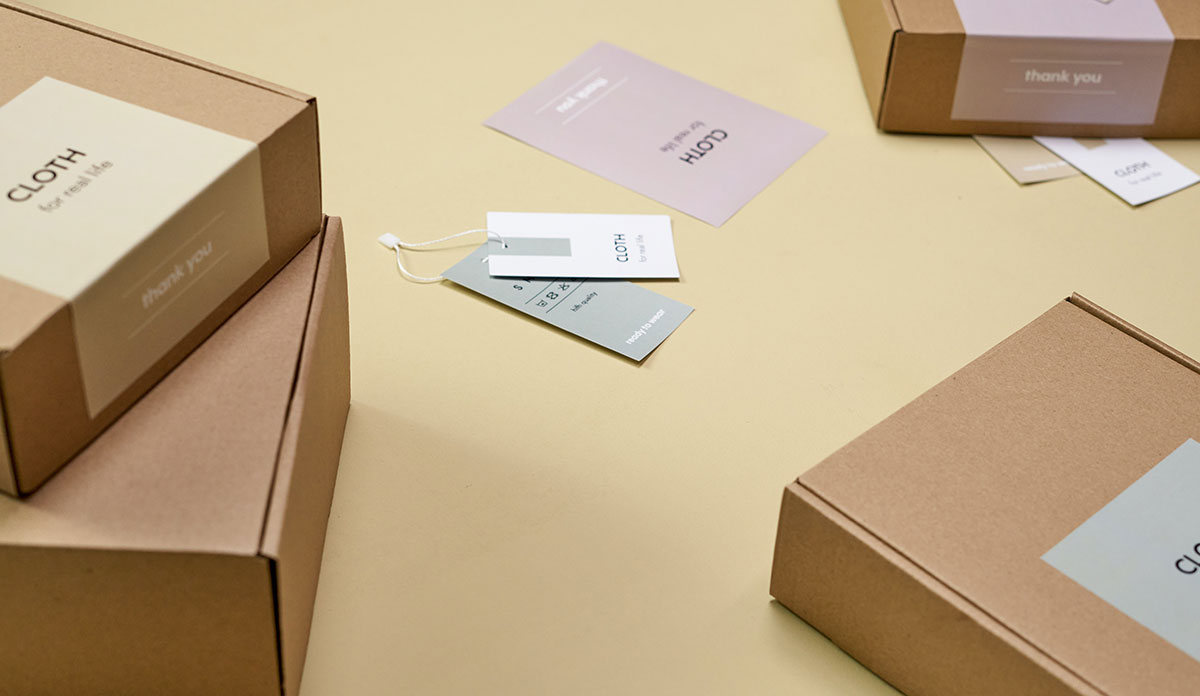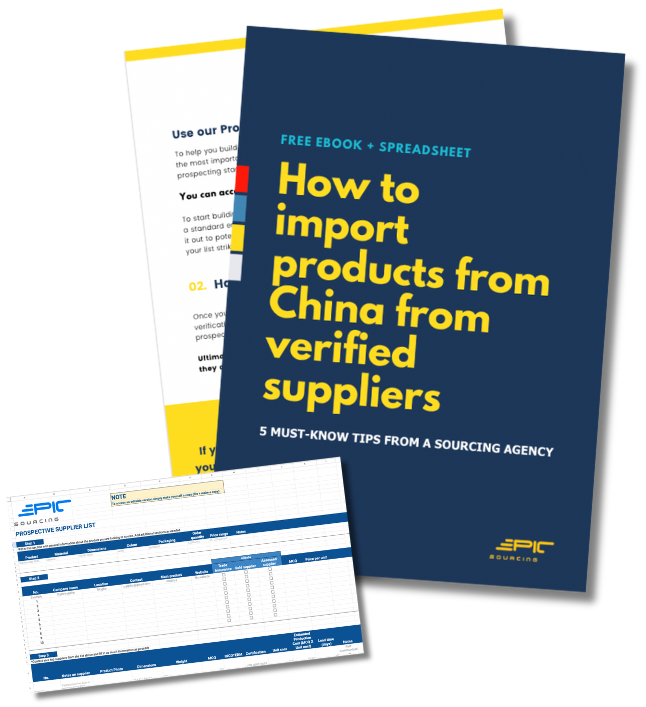Private labeling has become a popular and profitable business strategy for many entrepreneurs and brands. But what exactly is it and how can you get started? In this step-by-step guide, we will walk you through the entire process of private labeling your product and packaging so that you can launch your own successful, unique brand.

Have you ever dreamed of creating your own product that stands out in the market? With the rise of private labeling, this dream is now more possible than ever!
Private labeling has become a popular and profitable business strategy for many entrepreneurs and brands. But what exactly is it and how can you get started? In this step-by-step guide, we will walk you through the entire process of private labeling your product and packaging so that you can launch your own successful, unique brand.
Private labeling is a process where a brand or retailer contracts a manufacturer to produce goods under their own label or brand name. Instead of selling products under the manufacturer's name, the retailer sells them under their own brand. This allows for greater control over product quality, packaging, pricing, and marketing, and in many cases, it can also yield higher profit margins.
One of the main benefits of private labeling is the ability to create and sell a unique product that meets the specific needs and preferences of your target market. By leveraging your brand's strengths and value proposition, you can distinguish yourself from competitors and drive customer loyalty. Additionally, private labeling allows businesses more flexibility and control over their inventory and supply chain management, reducing the risks associated with relying on third-party brands or products.
Selecting the perfect product is crucial for the success of your private label brand. To begin, brainstorm a list of potential products based on your interests, expertise, and the specific needs of your target audience. Consider factors like competition, market demand, pricing, and profit margins when evaluating your product ideas.
Next, conduct thorough market research to better understand your target audience and the existing competition. Investigate successful private label brands and identify the unique selling points that distinguish them from the competition. Analyse customer reviews and feedback for competing products, taking note of any recurring complaints or unmet needs that your private label product could address.
Finally, choose a product that aligns with your brand's strengths and values, has a clear target market, and satisfies a market demand not adequately met by existing options. This will help to ensure your product stands out in the market, appealing to your target audience and driving sales.
Once you have a clear product idea in mind, the next step is to find a trustworthy and reliable manufacturer or supplier. This partner will be instrumental in bringing your private label product to life, so it's essential to do your due diligence before committing to any agreements.
Start by scouring online marketplaces and directories, such as Alibaba or Global Sources, for suitable manufacturers specialising in your product niche. Alternatively, consider attending trade shows or industry events to meet and network with potential suppliers in person.
When evaluating potential manufacturers, look out for factors like experience, production capacity, communication, and industry certifications. Request product samples to assess the quality of their work, and consider visiting their facilities if possible to ensure ethical, sustainable, and compliant practices are in place. Pro tip: hire the services of a sourcing agent like Epic Sourcing to conduct the visit on your behalf and verify your manufacturer without leaving New Zealand.
Negotiate the terms of your partnership, including order quantities, prices, production timelines, and payment terms. Remember that open communication and trust are vital to a successful manufacturer-retailer relationship, so strive to establish and maintain clear communication channels from the outset.

The visual appeal of your product and packaging plays a significant role in attracting customers and conveying your brand’s personality. Ensure that your product design is attractive, practical, and easily distinguishable from competing offerings. To achieve this, you may wish to engage the services of a professional graphic designer or branding agency, especially if you do not have expertise in this area.
When it comes to packaging, consider the functional needs of your product as well as sustainability and environmental impact. Many consumers today are seeking eco-friendly alternatives to traditional packaging, so incorporating sustainable materials or practices may provide a competitive edge.
As you finalise your product and packaging design, ensure that essential elements such as your logo, product name, and any product claims or certifications (e.g., organic, cruelty-free) are prominently displayed. Additionally, comply with any relevant labelling regulations and requirements in your target market.
Maintaining a high standard of quality and adhering to industry regulations are essential for the success and reputation of your private label brand. Implement a comprehensive quality control process to ensure your product meets your required standards and to address any potential issues before they reach your customers.
Begin by communicating your quality expectations and requirements with your manufacturer, establishing clear specifications for your product. Request regular updates and periodic audits throughout the production process to ensure these standards are being met consistently.
Familiarise yourself with the regulatory requirements governing your product category, such as import restrictions, safety standards, and labelling regulations. If needed, seek advice from an industry expert or regulatory consultant to ensure your product is fully compliant with New Zealand and international rules. Non-compliance may result in fines, product recalls, or damage to your brand's reputation, so investing time and resources in this area is crucial.
With your private label product and packaging ready, the final step is to develop a strategic marketing and distribution plan that will ensure your product reaches your target audience and generates sales. Begin by identifying your primary channels of distribution, such as selling directly to consumers through eCommerce platforms, partnering with physical retailers, or focusing on wholesale opportunities. Evaluate the pros and cons of each channel and choose the one that best aligns with your business model and target market.
Craft a comprehensive marketing strategy that utilises both online and offline tactics, including social media, email marketing, content marketing, and public relations. Collaborate with influencers, bloggers, or other industry experts to help build trust in your product and brand and drive sales.
Private labeling is a powerful and potentially lucrative business strategy that enables entrepreneurs to introduce unique, appealing products under their own brand name. From selecting the right product to working with a reliable manufacturer, designing attractive packaging to ensuring quality control and regulatory compliance, each step in this process requires careful planning and attention to detail.
By following these recommendations and maintaining a strong focus on your target audience's needs, you're well on your way to building a successful private label brand in the New Zealand market. For your product sourcing needs, contact Epic Sourcing today.




